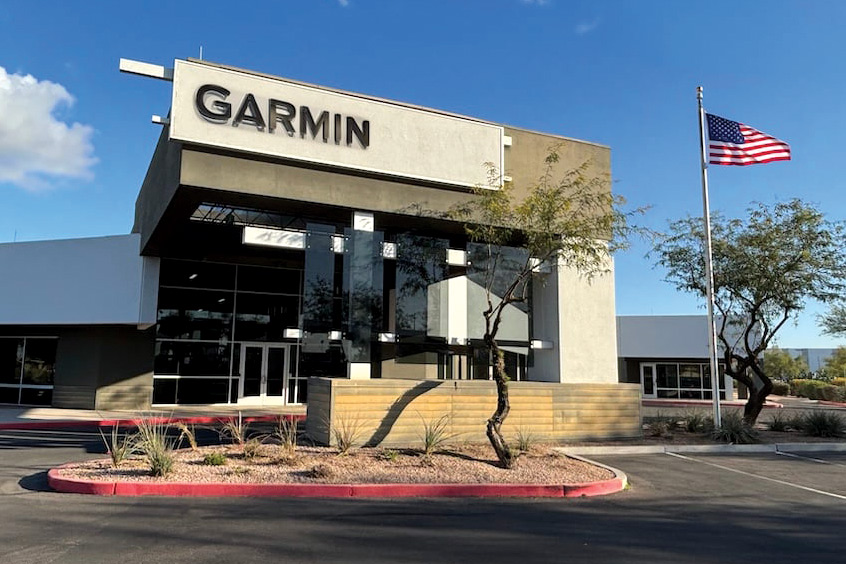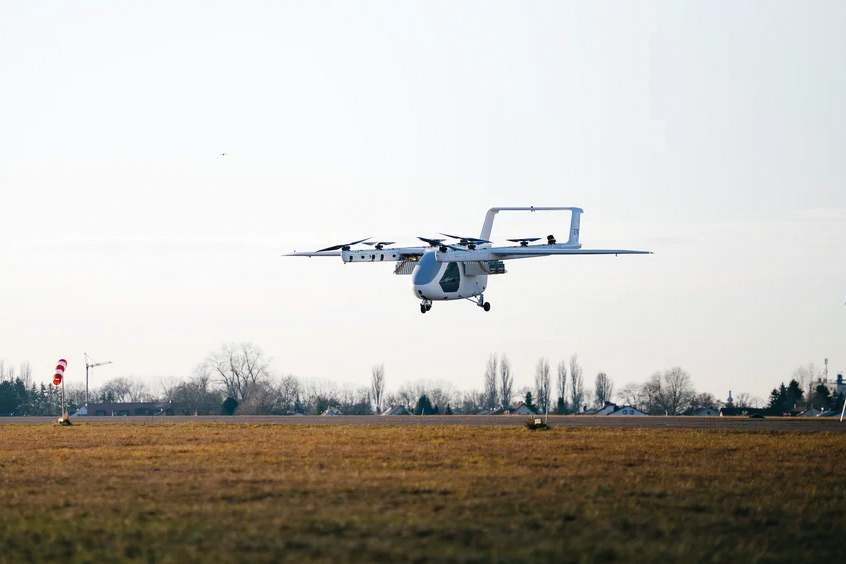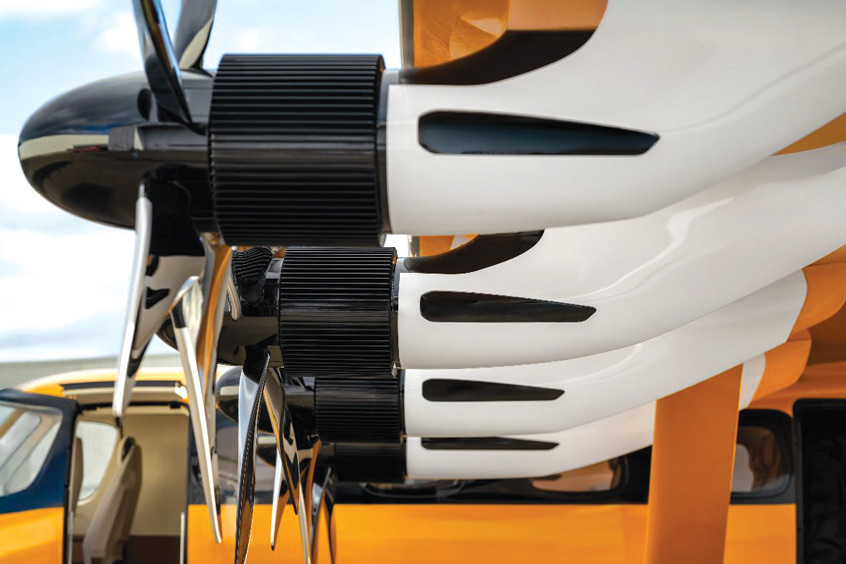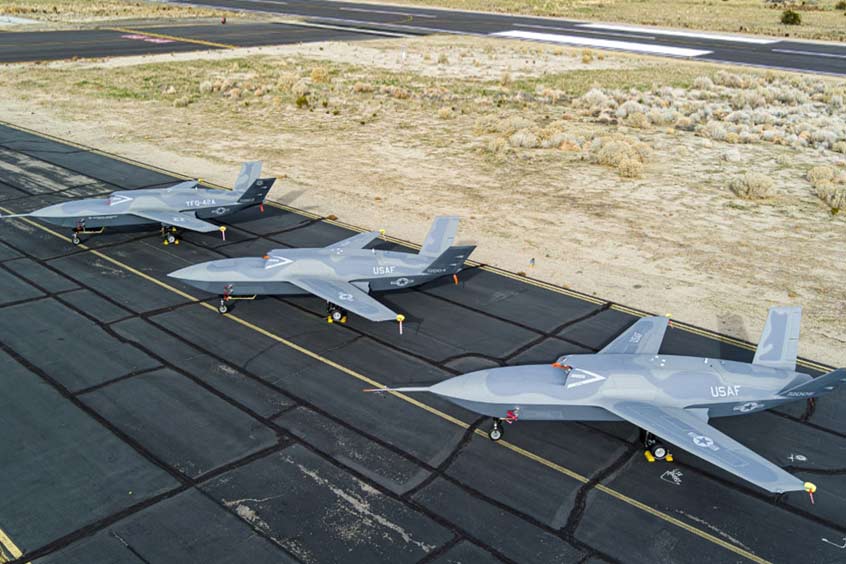EconCore, Toray Advanced Composites and Bostik, have collaborated to develop a thermoplastic honeycomb core sandwich panel for use in mass transportation applications, including aircraft interiors.
By using Toray Cetex reinforced thermoplastic laminates as skins, EconCore's thermoplastic honeycomb core based on thermoplastic chemistries with FST qualification, and Bostik's flame retardant thermoplastics polyester web adhesive, the collaboration has seen the new material pass fire, smoke and toxicity regulations applying to aircraft interiors. It is optimised for safety.
The three companies came together to provide a sustainable solution to more expensive and labour-intensive fabrication of parts based on conventional sandwich layup that is currently used in aerospace, such as that of phenolic prepreg skins and phenolic impregnated aramid honeycomb core.
The thermoset system requires lengthy and expensive handling and processing of the sandwich components into the final part which can take several hours, including the curing process, whereas, by using EconCore's continuous process and compression moulding, the new thermoplastic technology can take around 60 seconds to form the desired shape.
The thermoplastic honeycomb parts are less time-consuming to make, and more sustainable as the traditional thermoset materials used are not recyclable. When looking to discard EconCore's thermoplastic honeycomb skin, it can be easily recycled, shredded and repurposed into composites.
Tomasz Czarnecki, COO of EconCore, says, "We are excited about this collaboration, especially as we have been able to develop a sustainable technology that is recyclable and which, next to the automotive and transportation applications where it is widely used already, has the potential to be used in a variety of markets such as rail, aviation or shipbuilding.
"With the FST thermoplastic honeycomb technology, we are looking for cost savings at both ends; within the continuously produced honeycomb core and panel, as well as within the fast, easy and clean conversion of a sandwich panel into a lightweight sandwich part."
While the thermoplastic honeycomb core and skins are often welded to each other within EconCore's technology, the use of adhesive from Bostik allowed for the reduction of lamination temperatures and processing simplifications.
The traditional phenolics usually used for curing, have been replaced with a web adhesive which is flame retardant and meets the fire, smoke and toxicity requirements. The flame-retardant polyester web adhesive provides a unique way of applying which provides new possibilities to produce lightweight materials.
There are additional benefits such as a clean bonding process, suitable for lightweight materials. EconCore technology is versatile with regards to the type of thermoplastic materials applied. The range of different polymers with FST performance, not limited to PC-FST or PEI, has been applied by EconCore throughout a variety of development programs, and that flexibility in material choices allows the optimisation of the product towards specific applications. Not just relating to performance, but to costs too.
Talitha Van Drom, Business Development Manager of Bostik, says: "It is nice to see it proven that the use of the Bostik fire retardant web adhesives helps to reduce complexity of adhesive application processes and offers a clean, repeatable assembly method while bringing added value such as fire retardancy to lightweight panels."
By using the reinforced thermoplastic composite laminates from Toray as the skin, it allows the material to be easily moulded rather than going through a rigorous process of being covered in phenolics, setting, followed by being shaped by hand.
Frank ten Napel, Segment Manager Aircraft Interiors and High Performance Industrial of Toray says, "This application demonstrates the versatility of thermoplastic composite technology, and the efficiencies it can bring to processing technologies throughout the value chain."
| Contact details from our directory: | |
| Toray Advanced Composites | Adhesives, Aramid-reinforced Composites, Carbon-reinforced Composites, Prepreg, Reinforced Composite Molding Compounds, Syntactic Composites, Thermoplastics |
| EconCore N.V. | Plastic Honeycomb, Thermoplastics |
| Bostik Inc. | Adhesives, Chemical Adhesive, Epoxy Adhesive, Fire Resistant Adhesive, Glass-to-Metal Adhesive, Metal-to-Metal Adhesive, Optical Adhesive, Pressure-Sensitive Adhesive, Rubber Adhesive, Silicone Adhesive |
| Related directory sectors: |
| Plastics |
| Composites |
Weekly news by email:
See the latest Bulletin, and sign up free‑of‑charge for future editions.

Garmin expands flight test footprint with Mesa Gateway acquisition

ERC System begins flight testing Romeo prototype in Munich

Electra.aero secures US patents for hybrid-electric blown-lift control system
